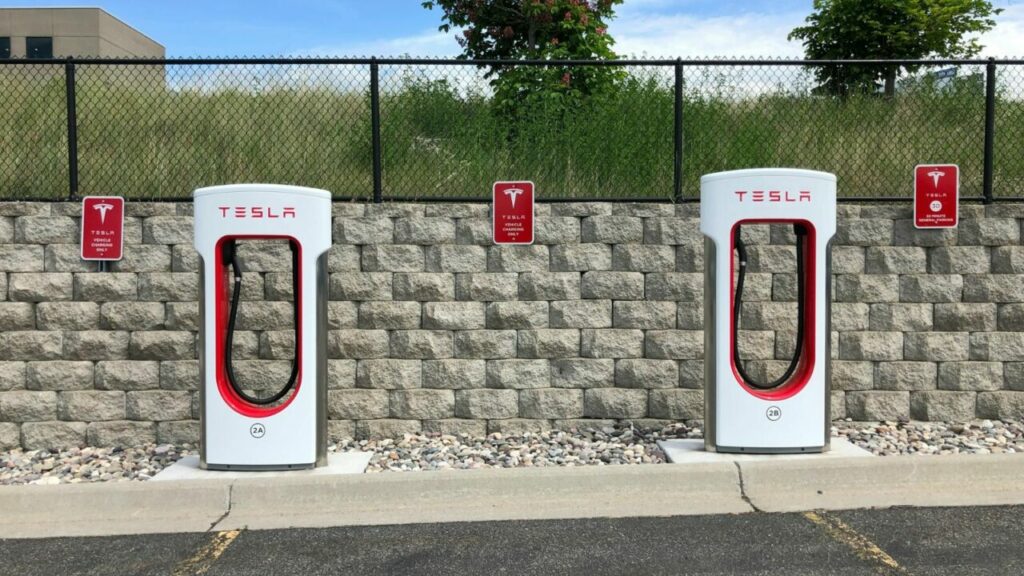
The time has come for you to buy or lease a new vehicle.
And if picking a make, model and year that works for your budget and lifestyle wasn’t a daunting enough task already, you may also be considering whether an electric vehicle (EV) — which doesn’t emit carbon emissions into our environment — is the right choice for you.
While we can’t be of much help in the minivan vs SUV, or hatchback vs sedan conversation, we have done our homework on how an electric vehicle may or may not fit into your daily life.
Why are we talking about buying cars?
For one thing, our research and polling of engaged women across Canada shows they are environmentally conscious and that combating climate change is a priority for them (a key benefit of EVs is that they don’t produce tailpipe emissions).
That said, engaged women also told us affordability and having a strong economy — which by extension means more prosperity for everyone — are top priorities too. And there are some new policies affecting the automotive sector that might impact these priorities.
In December 2023, the federal government released final regulations mandating that all passenger cars, SUVs, crossovers and light trucks sold by 2035 must be zero-emission vehicles (ZEVs).”
The auto industry thinks these regulations are too ambitious to be achieved, especially since EVs tend to cost more than a regular vehicle, reports Reuters.
In addition, a report from Auto Trader shows interest in purchasing electric vehicles actually declined in 2023.
“In 2023, only 56 per cent of car shoppers who do not own an EV, are open to purchasing one for their next vehicle, down from 68 per cent the year prior. For Canadians who would not consider going electric, macroeconomic factors like vehicle prices (40 per cent), interest rates (24 per cent), and inflation (13 per cent) are the top reasons listed,” says the report.
All this talk about electric cars in Canada, leads us to ask some key questions: Do EVs actually have zero environmental impact? And what are the tradeoffs you need to consider when buying one?
At first glance, EVs might seem like a good option if you can afford one. They offer the potential of fuel cost savings and can help address climate change through carbon emission reductions — which is something 84% of women we surveyed across Canada care about.
However, the electric battery that powers an EV comes with its own practical and environmental challenges to consider.

The Greenbushes mine in Western Australia is the largest hard-rock lithium mine in the world. By Calistemon (CC BY-SA 4.0)
How do electric batteries impact the environment?
While an electric vehicle might not produce emissions when you drive it, the production (and often the electric charging) of EVs and lithium-ion batteries does still produce emissions that can impact the environment.
For instance, to produce the batteries for electric vehicles, lithium, cobalt, and nickel are required. Those minerals have to be mined from the Earth, and then heated to high temperatures. That takes energy to do.
How much? It depends on the energy source used to heat the minerals, but every tonne of lithium releases about 15 tonnes of carbon dioxide into the atmosphere.
In addition, mining one tonne of lithium requires nearly 2.3 million litres of water, which presents challenges because some of the raw minerals are mined in places where water can be scarce. It also leaves contaminants and toxic waste, and there are concerns about human rights violations in places like the Democratic Republic of the Congo where about 60% of the world’s cobalt is mined.
Then there’s also the waste that accumulates when electric batteries have been retired (they tend to last about 10 years, though extreme weather can reduce their lifespan). By 2030, the planet will be faced with the task of disposing of 12 million tonnes of expired lithium-ion batteries — a costly endeavour both in financial and environmental terms.
There are environmental benefits to driving EVs, but they start out with a large environmental footprint which may also be a consideration.

Photo by Chad Russell, Pexels
What does it take to charge an electric vehicle, and will it work for my lifestyle?
Outside of an environmental assessment, we also know that Canadian engaged women consider the cost of living, so we also looked at the affordability and practical use of driving an electric car in Canada.
First up — range. The average electric vehicle battery can last 348 kilometres on a full charge.
If you live in an urban area, you’ll probably be able to find a charging station close by. But that may not be the case in more rural communities, or on longer road trips.
If you’re thinking, “maybe I can install a charging station in my garage,” just be aware this tends to cost between $5,000 and $10,000.
As for the time it takes to charge, that depends on the size of electric battery you have. They generally fall into one of three levels:
- Level 1 (the smallest battery) takes up to 20 hours to fully charge
- Level 2 (the most common battery) takes six to seven hours for a full charge
- Level 3 can provide an empty battery with 80% charge in 30 to 45 minutes
Even if you’re able to access a Level 3 charger, you’ll still need to set aside a fair amount of time before you can actually drive your vehicle — which can cut into time that would otherwise have been spent running errands, picking kids up from school or making it to work on time.
Finally, one last thing to consider: In the case of a power outage, you’re unlikely to be able to charge, and thus drive, your car unless you have a generator. Or you may be asked to reduce electricity consumption, to conserve power during extreme cold weather events.
Either way, EVs still take conventional energy sources to charge batteries, and if electricity is scarce or not available, you might be left stranded, without transportation.
Ultimately, your personal budget, location, and lifestyle — and perhaps climate change considerations — are going to dictate the type of new vehicle that is best for you and your family.
And you’ll need to ask yourself: What are the tradeoffs you’re willing to make to fit your lifestyle and family needs?
Share This:



